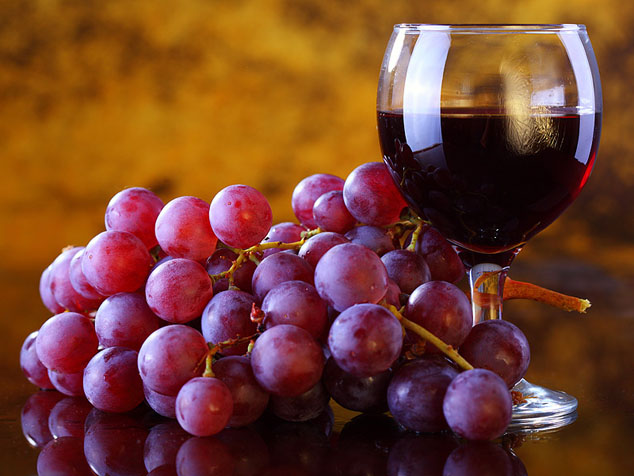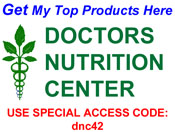 Do you ever wonder if all the anti-aging resveratrol mania is out of hand? Well, it is. Here are some red flags to watch out for.
Do you ever wonder if all the anti-aging resveratrol mania is out of hand? Well, it is. Here are some red flags to watch out for.
Resveratrol is a Great Antioxidant
Just to keep the record straight, I am all for the benefits of plant natural products for human health. My professional background has been in plant natural products chemistry for more than 35 years, so I am automatically biased in favor of them. However, the hysteria over different substances makes my whole field look bad.
The Problem with Reductionist Thinking
The video above, and all the commentary about resveratrol for that matter, comes from looking at small, single variable explanations for scientific results. This is called reductionist thinking. The long-running joke about reductionist scientists is that they (we!) study smaller and smaller details until we finally know everything about nothing. The whole field of molecular genetics is built around reductionist thinking. That is the nature of the beast.
Goals of Resveratrol Research
Resveratrol is often referred to as a drug. This is great news in some ways. However, you can bet your bottom dollar that this non-patentable natural product will not be the final product of this research.
What we have here is a high-powered Harvard research lab with financial backing by a high-powered vulture capitalist, er, venture capitalist. The primary goal of this team is to develop something that will be profitable, pay the investment back, and make a lot more money to boot.
These are the very same goals of pharmaceutical drug research. Notice that human health is just a side issue here. The purpose of drug research is to make money, not to make people healthier. Ditto for resveratrol research.
Leap of Faith
When I was doing research with brain cancer, one of my colleagues once said, “Applying results from studies of laboratory animals to humans is like taking a leap of faith the size of the Grand Canyon.” Virtually all of the research on resveratrol that has generated so much excitement is based on lab animals and yeast. Equivalent studies on humans would take a lifetime. Let’s get real real!
By the way, humans have about 30,000 or so genes. The impact of one substance on one gene does not possibly explain how anything works in a whole person.
A complete critique of resveratrol mania could occupy a whole book. I hope my brief comments at least get you started thinking a little more clearly on this issue. It will serve you well for judging all kinds of wild science in the headlines.
My Recommendations
I see nothing wrong with taking resveratrol supplements. Indeed, I encourage it. I encourage you to take antioxidant supplements in general, even including red wine itself. However, if the issue that you want to address is anti-aging or any other health-related concern, I suggest that you find out what the whole-person scientific research says about getting healthy, staying healthy, and living a full and long life.
Sorry to say that I don’t have any recommendations that I can make any money on. Well, I could make some fake recommendations for the purpose of selling you my book, if I had one, or of selling you some supplements. However, I think it is much more important to tell you something that will truly benefit your health. It is this:
Get and read the following two books (cheap used copies at Amazon, I am sure):
“Healthy at 100” by John Robbins
“The China Study” by T. Colin Campbell and Thomas M. Campbell
All the best in natural health,
Dr. D

Leave a Reply